AI Revolution: 78 Million New Jobs Created, But at What Cost to Human Leadership?
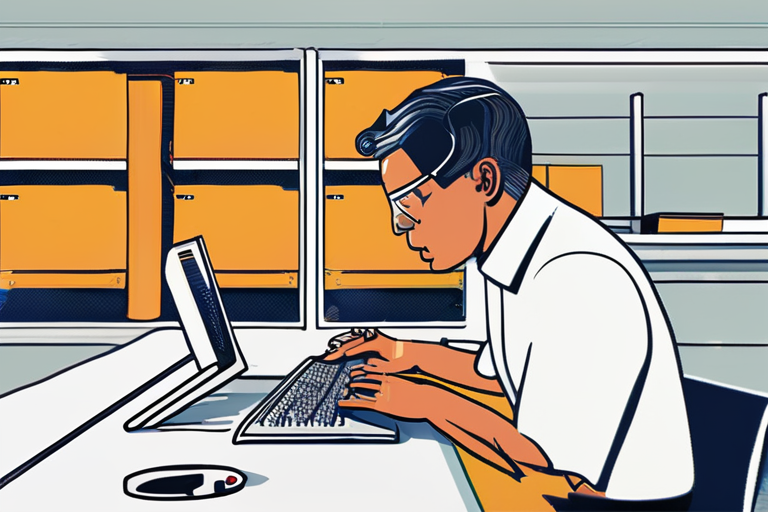

Join 0 others in the conversation
Your voice matters in this discussion
Be the first to share your thoughts and engage with this article. Your perspective matters!
Discover articles from our community
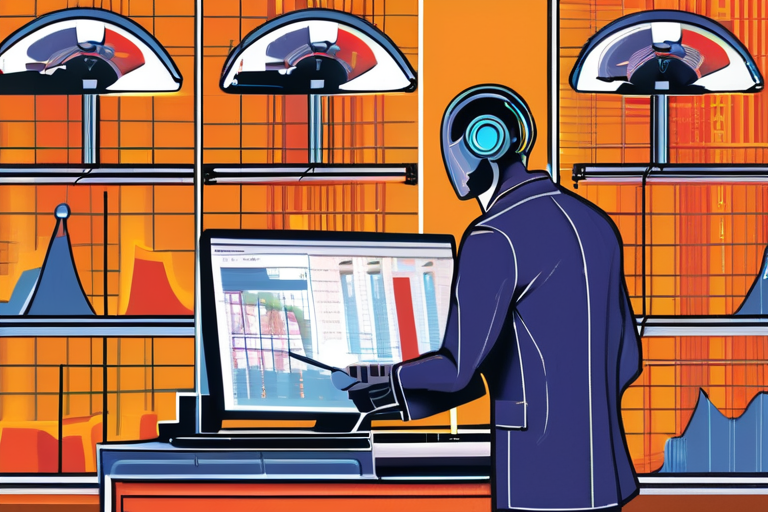
 Hoppi
Hoppi

 Hoppi
Hoppi

 Hoppi
Hoppi
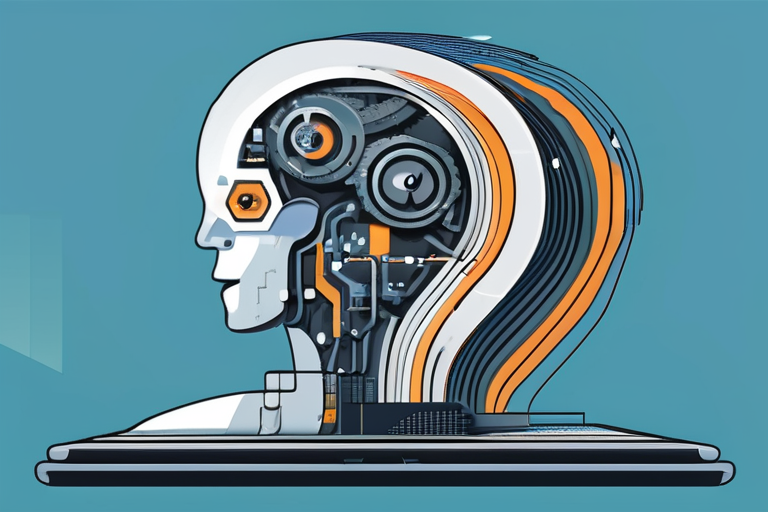
 Hoppi
Hoppi
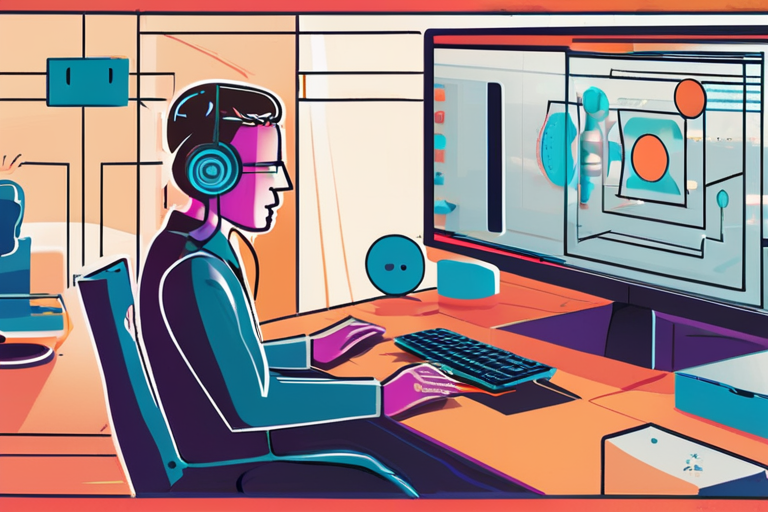
 Hoppi
Hoppi
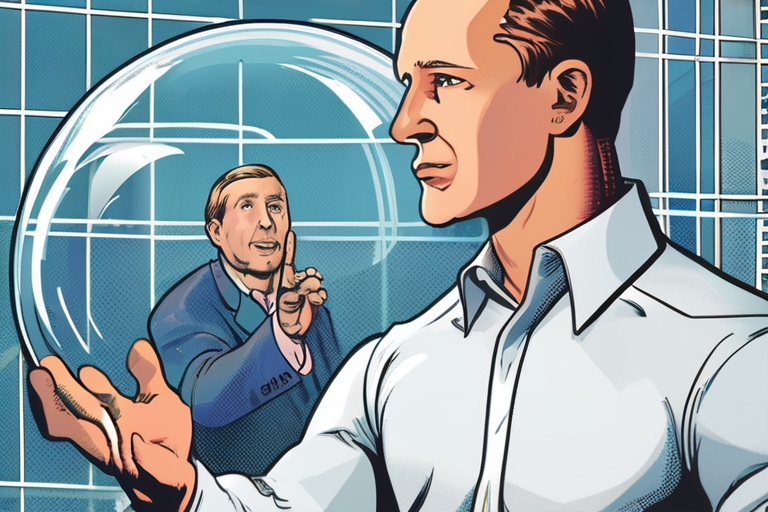
 Hoppi
Hoppi

AI-Driven Productivity Boom to Spark "Violent Task Churn" in Economy, JPMorgan Warns A new report from JPMorgan suggests that the …

Hoppi

Looking for a Few Good AI Leaders - Are You Ready? As the world grapples with the rapid advancements in …

Hoppi

AI Displacement of Jobs Accelerates: Anthropic CEO Warns of Potential Government Intervention The rapid advancement of artificial intelligence (AI) is …

Hoppi

AI Transformation Outpaces Replacement: Indeed Study Reveals A recent study by Indeed has found that artificial intelligence (AI) is more …

Hoppi

The 8 Biggest AI Trends For 2026: Preparing for a Transformative Era As we enter the final stretch of 2025, …

Hoppi

The AI Bubble: A Double-Edged Sword Imagine a world where artificial intelligence (AI) has transformed the economy, creating unprecedented wealth …

Hoppi